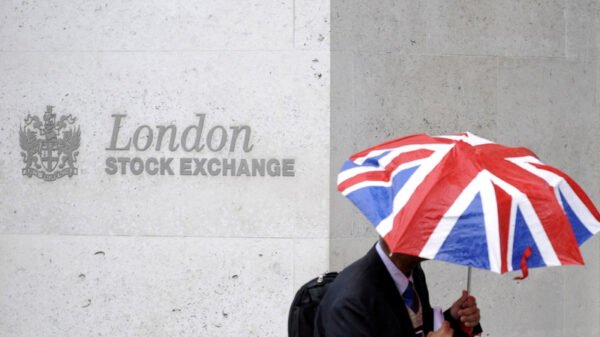On Thursday, data showed New Zealand entered recession in the first quarter, lowering the probability that the central bank would need to raise interest rates but hurting the government’s re-election chances.
GDP fell 0.1% in the March quarter, matching experts’ predictions but missing the RBNZ’s 0.3% growth target. Fourth-quarter GDP fell 0.7% from 0.6%.
After the data met market expectations, the New Zealand currency fell 0.2% to $0.6197.
According to Statistics New Zealand, half of the country’s industries contracted, indicating broad economic weakness. Auckland’s January and February cyclones and flash floods hurt growth.
“It’s clear that the New Zealand economy is losing momentum,” Westpac senior economist Michael Gordon wrote. “The question is whether things have slowed enough to return to low and stable inflation.”
New Zealand has high employment, reducing the consequences of a recession.
As New Zealand heads toward an election in October, residents grappling with increasing living costs have made the recession a political issue.
New Zealand’s 6.7% inflation rate exceeds the central bank’s 1% to 3% objective.
Economists say that the central bank, which has claimed it was seeking to fabricate a recession to curb inflation in its most aggressive policy tightening since the cash rate was implemented in 1999, will welcome signs of momentum slowing.
Since October 2021, the cash rate has risen 525 basis points to 5.5%, its highest level in 14 years. At its May meeting, the central bank indicated it had peaked.
“As demand-side pressures on inflation continue to abate, the case for rate cuts will become increasingly compelling,” Capital Economics economist Abhijit Surya wrote.






















































Comment Template